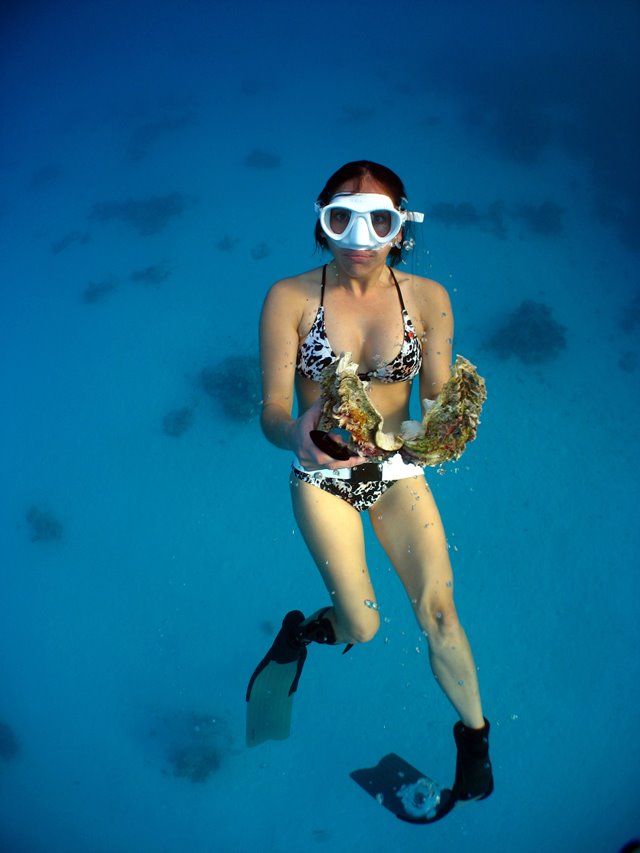What is freediving?
Freediving is the sport of breath hold diving, sometimes known as apnea. It’s the way that humans have dived underwater for millennia, long before the invention of scuba. It is, quite literally, diving on a single breath of air – and it’s the most natural way of adventuring beneath the waves.
Take a deep breath
We humans and our ancestors have been freediving for millions of years, often for food, sometimes for valuable items such as pearls or sponges. As a species, we’ve even evolved physiological advantages enabling us to dive deeper and longer.
Learn to freedive and you’ll discover how you’re better suited to an aquatic life in ways you’ve never thought of. Freediving can improve your confidence and breathing, both in and out of the water. It’s the best way to witness underwater wildlife and capture great pictures and videos (there’s no scuba noise or bubbles to scare the fish away). Plus you don’t need loads of expensive kit that’s difficult to maintain.
If you’re a scuba diver, freediving can help you breathe more efficiently and make your air last longer under the water. If you’re a surfer, it’s a great way to boost your swimming skills and confidence when you wipe out.
Freediving isn’t about pushing your body to its limits, though. It’s about enjoying being in the water at any depth and using the unique adaptations your ancestors developed all those millions of years ago. Age, fitness, body type and sex are no barrier. Freediving can be enjoyed by almost anyone. So come and learn how to freedive with us and discover your inner aquatic ape.

